This is the final episode of Surrender. You may want to read the previous two episodes first, if you haven’t already. Click here.
They abandoned Glen Orchy at dawn, and were following the now-vacant railway tracks north. They’d decided to keep off the A82, not knowing what or whom they might encounter on the paved road. The sky was still ominous to the south, and having no communication or news of any kind, they knew it was best to leave.
They’d set out quietly, passing through Inveroran and continuing on toward the great high moor. They had difficult miles to travel that first day, and prayed for clear skies. The weather patterns were irregular – bits of brilliant blue here, high stratus layers there. A pale sunlight illuminated the hills to the east, a dark sheet of rain hid the mountains to the south. The variable play of light was kaleidoscopic … and typically unpredictable.
They climbed for a couple of hours, then started across the vast expanse of Rannoch, staying on the train line that cuts through the heart of that barren moorland, to avoid the deepest bogs, the spine-jarring rocks, the moss-hidden sinkholes. Weelu was fast and agile, Hamish pushed himself to keep up. It was biting cold, but the rain held off. There is no shelter on the moor if the weather turns bad – no trees, no caves, no other structures; they needed to arrive at Rannoch station before dark.
They stopped to rest, sharing apples and bannocks, water in a tin cup. Patchwork pieces of weather continued to come through, sunlight filled the glen below for just one minute, only to be suddenly hidden by a whisper of shadow and mist. The thin, late afternoon sun turned the underside of the clouds purple.
With two miles to go, light began to fade, the wind picked up and scattered large heavy drops of rain, challenging their every step. They arrived at Rannoch station just after nightfall, all was still. The isolated inn was unlit, and the door was locked. Hamish knocked and they waited. He knocked again. A man finally came to the door, an older man.
“Sorry. Everyone’s gone. We’re closed,” he said.
“Aye, we thought ye would be,” said Hamish. “We’re on our way to Roy Bridge. I wonder could ye not let us sleep here for only one night? We can pay ye, and we’d be off at first light. We’d be no trouble at all.”
“I am only the caretaker here and I canna let anyone in … I shouldna let anyone in. Nay.” He turned away, then paused. “I’m alone up here these past three weeks and I havena had one word of news, aye? So ye’ll come away in, ye will. The de’il take ‘em. I’ll bring ye some tea. But, I havna food fae ye.”
“Nay bother. We’ll do.”
“Aye, we’ll do,” echoed Weelu. Hamish gave her a look.
“What news have ye from the south?”
“We havena news. We’ve had no power, no phones, no word of any kind. For weeks we’ve seen bugger all, same as you. We heard the sounds in the sky and saw the lights. They seemed to be comin’ closer, so we left.”
The caretaker showed them to a small room in back, and both gave thanks for the roof over their heads. Every muscle aching, Weelu wrapped herself around Hamish and both fell into a deep, dead sleep.
They left the rails behind at dawn, and took to the old military road, climbing all the way to Corrour. Elevation 1,300 ft the sign said. It had taken them six hours. In the hostel they found three women who were walking north to their family home in Inverness. They shared stories and whisky and the hard, narrow beds.
In the morning, all five set out together along the railway, mostly downhill, then skirted the entire eastern shore of Loch Trieg. It began to rain and the path became slippery mud, the tall grasses and bracken at the verge made walking difficult. Finally, the rain stopped and they reached a stretch of pale green woodland that flickered in the weak sunlight. They all agreed they’d had enough and stopped at Tulloch for the night – a small isolated train stop surrounded by forest and low green hills. It was only five or six miles more to their destination across the river Roy, but they chose to wait there, out of the rain. Their companions would part company with them the next day to head northeast toward Loch Ness.
Weelu and Hamish have been in the village of Roy Bridge with cousin Calum for over a week now. His cottage is very small, but he’s given them a true highland welcome. All is silent here. There is still no broadcast radio. No gasoline for the cars. No one has news, and that, of course, is the worst part for those who were accustomed to consulting their phones a hundred times a day. They seem to walk about in a daze for lack of information about the events to the south, not knowing when this nightmare will be over. They carry their dead phones in their pockets and still look at them hopefully every few minutes. The shops have begun rationing and are nearly out of food, though yesterday two military trucks came down the A86 and dropped off boxes of flour, oats, tea and tinned milk to the families. The people assailed the two young soldiers with their questions, and were told only that the “emergency” would soon be over and to shelter in their homes and not panic. It was cold comfort.
Weelu has been standing silently at the window for a long time, looking out at the night, apparently in deep thought. She is enveloped in her large wooly sweater, two pairs of socks are on her feet. Her unbrushed hair is in knots. Hamish is reading by candle, when without warning a table lamp flickers on, the overhead lights, the refrigerator. They have electricity. They give out a whoop and immediately run to the radio, but still find only static there. They keep the radio and TV turned on, waiting for words — any words. Is it too much to hope that this crisis might soon be near an end? That buses and trains will run again, and they can go safely home to their own hearth and bed?
“Hem-mes?” Weelu says, turning to him
“Aye?”
She comes to him and takes his hands. “Hem-mes … they are go.”
“What?”
“They are … go ... they are … gone.”
“Who’s that then? Who is gone?”
“My people, Hem-mes. They are gone now.”
“What are you on about, Weelu? How d’you know this?”
“I know,” she says firmly.
“But how d’you know they are gone, Weelu?”
She throws Hamish a long, piercing look. “Hem-mes, I … can … know.”
“All right, then,” he nods. “Fair enough.” He kisses her. “That would be good, but what about you? Are you left behind here, lass?”
“I don’t go. I like here. I stay, Hem-mes. My people many stay.”
“Many? How many of your people stay?”
“Many a lot, Hem-mes! They are not go again home. Home is now here.”



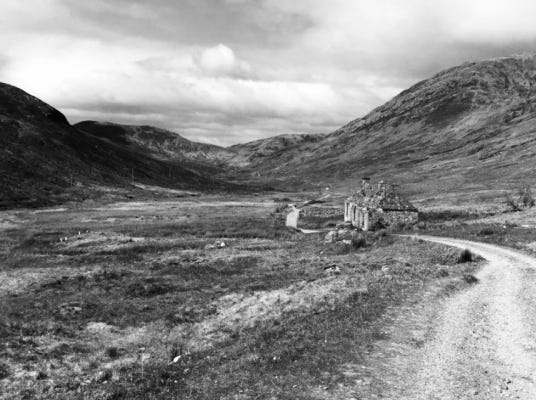
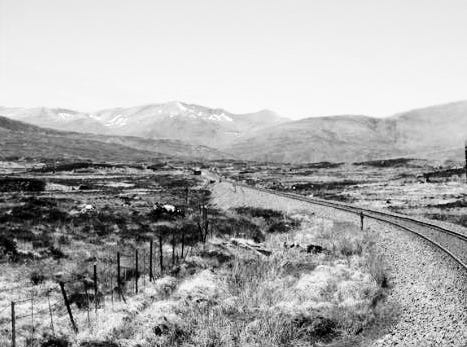

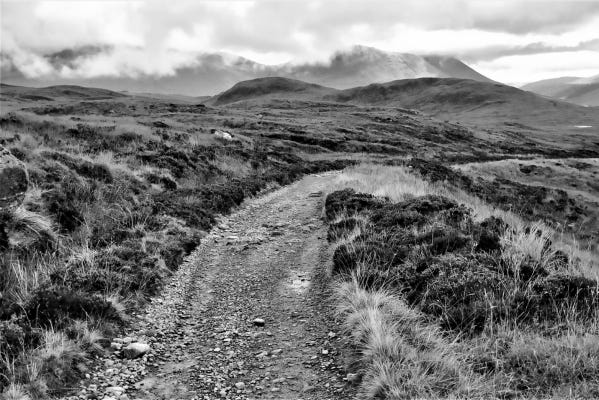
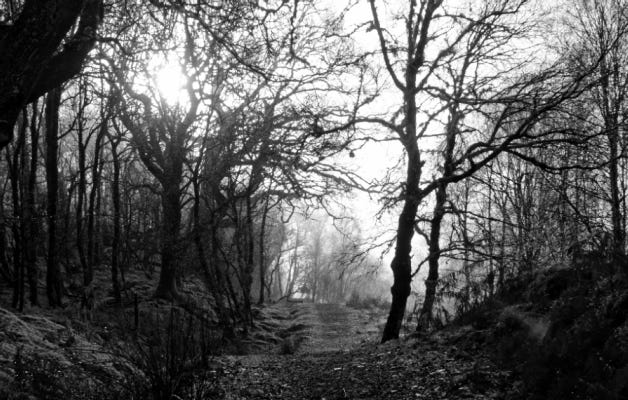
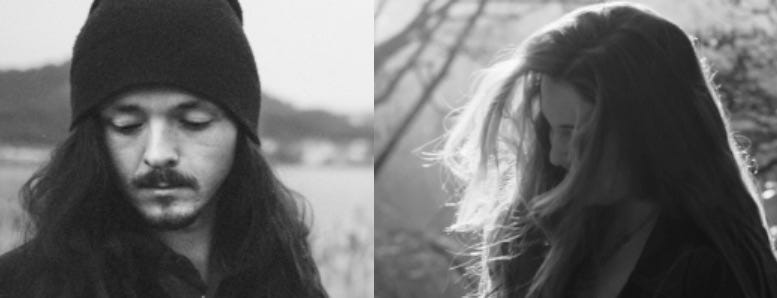
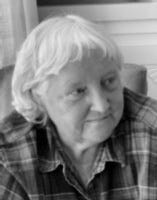
Aliens are not the enemy .. unless there is a recipe book.
What a great end. Did not see it coming. Your descriptions are so detailed I can see it all in my mind. Thank you for generously sharing.